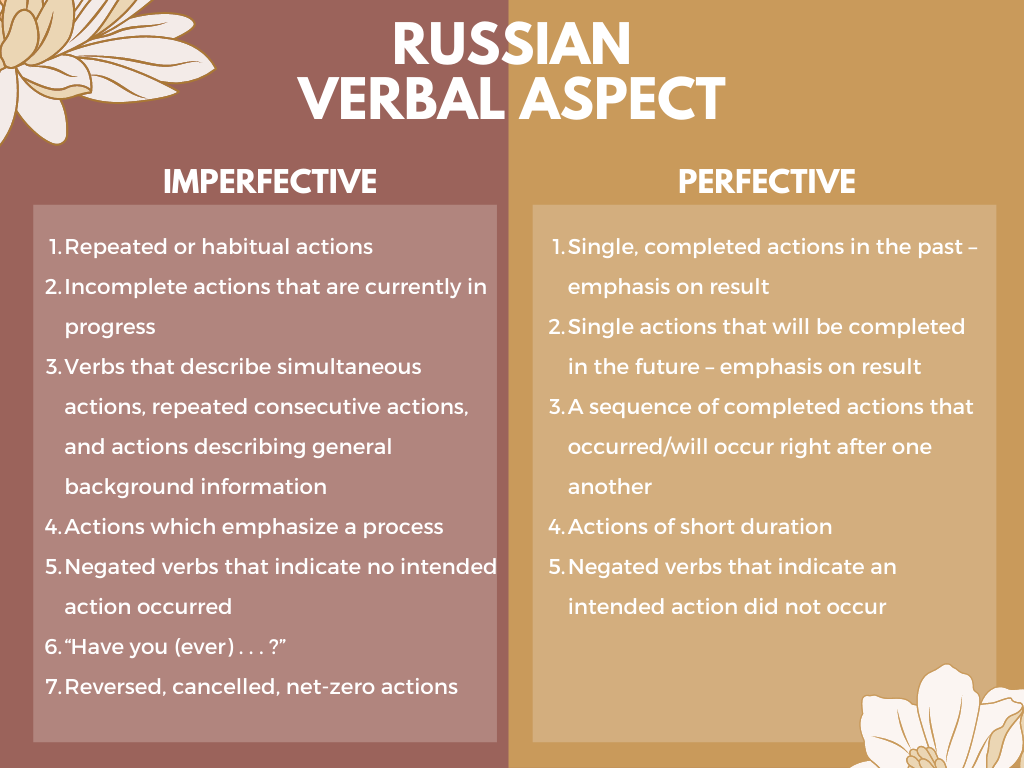
咁多隻語言黎講,英文算唔算係最簡單? LIHKG 討論區
How to form the past tense (for most verbs) You construct the Russian past tense by taking the stem of the verb's infinitive and adding the suffixes "л," "ла," "ло," and "ли." These suffixes correspond to masculine, feminine, neuter, and plural subjects. The Russian past tense does not consider the person (i.e. 1st, 2nd, or 3rd) of the.
This Russian beauty r/PrettyGirls
PERFECT translate: идеальный, безупречный , идеальный, подходящий , совершенный, абсолютный.

Super Sexy Russian Girl Sofya Temnikova (21/30)
There are two aspects in Russian. The imperfective aspect and the perfective aspect. Aspects are only used in the past and future tense. When you are talking in the present tense, you can ignore aspects all together. Aspects are used to indicate if an action was completed successfully or is ongoing.

PERFECT Globela Pharma Pvt Ltd.
In this video we will learn how in practice we use the types of Russian verbs in sentences. What else, besides the meaning of the verb, can the choice of Per.

FileRussian women in a black top, Moscow, Russia.jpg Wikimedia Commons
When explaining Russian perfective and imperfective verbs, many Russian grammar books write that the imperfective is the only aspect that is used for present actions. As we saw above, this is true from a grammatical point of view, because perfective verbs have only past and future tenses. Also, imperfective verbs are the only that can express.
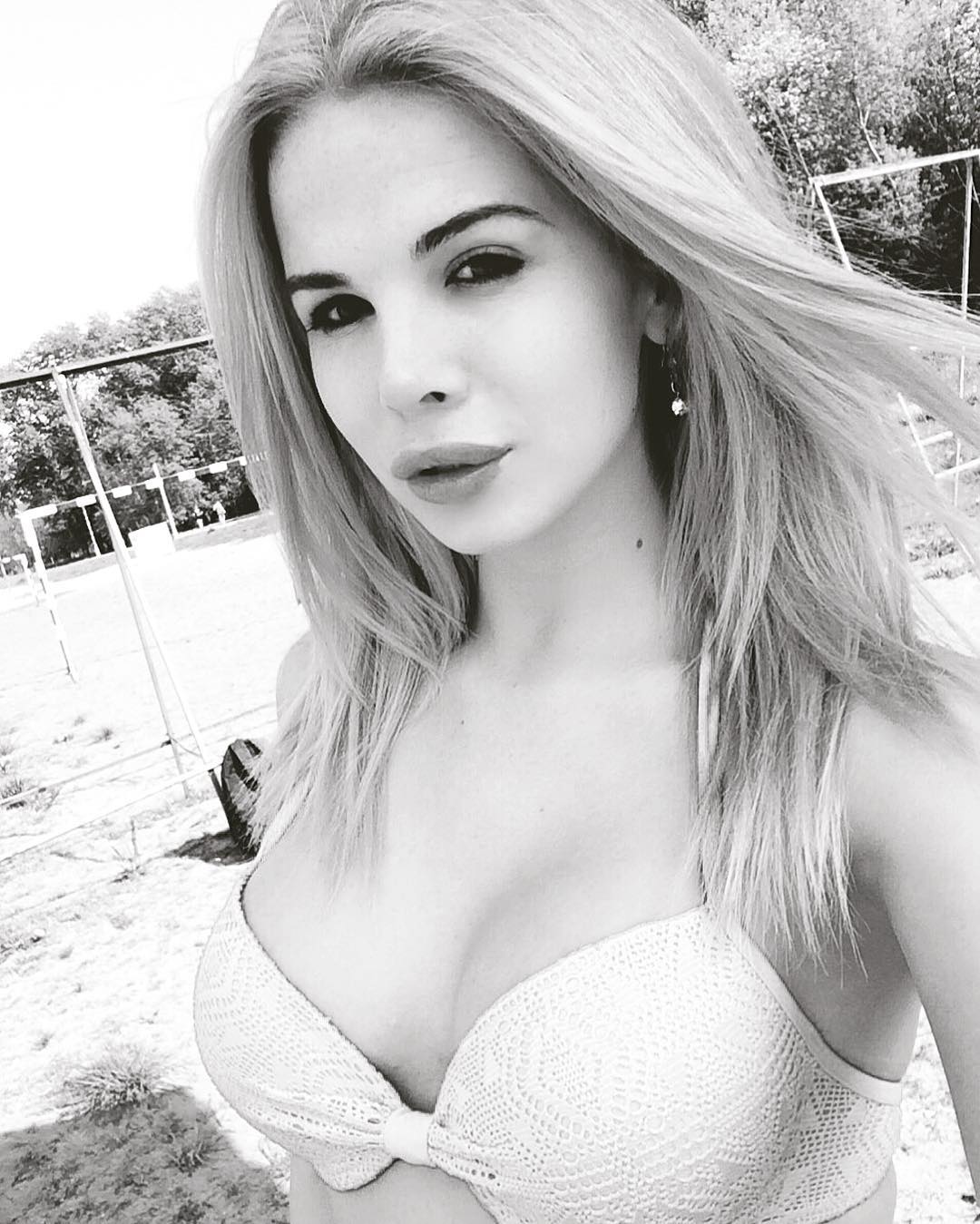
Alisa Dankovskaya Beautiful Russian MTF Transgender Girl TG Beauty
Common Russian verbs: 151-200; Common Russian verbs: 201-300; Common Russian verbs: 301-400; Common Russian verbs: 401-500; Got questions? Ask them in the Russian Questions and Answers — a place for students, teachers and native Russian speakers to discuss Russian grammar, vocabulary, pronunciation, and other aspects of the Russian language.

Pin on great legs
There are two Russian verb aspects - perfective and imperfective. Well, verbs have 3 tenses - Past, Present, and Future, but also one of two those aspects. Imperfective verbs describe incomplete, repetitive, ongoing or interrupted actions. Perfective verbs describe actions describe completed actions. There is almost the same system in.
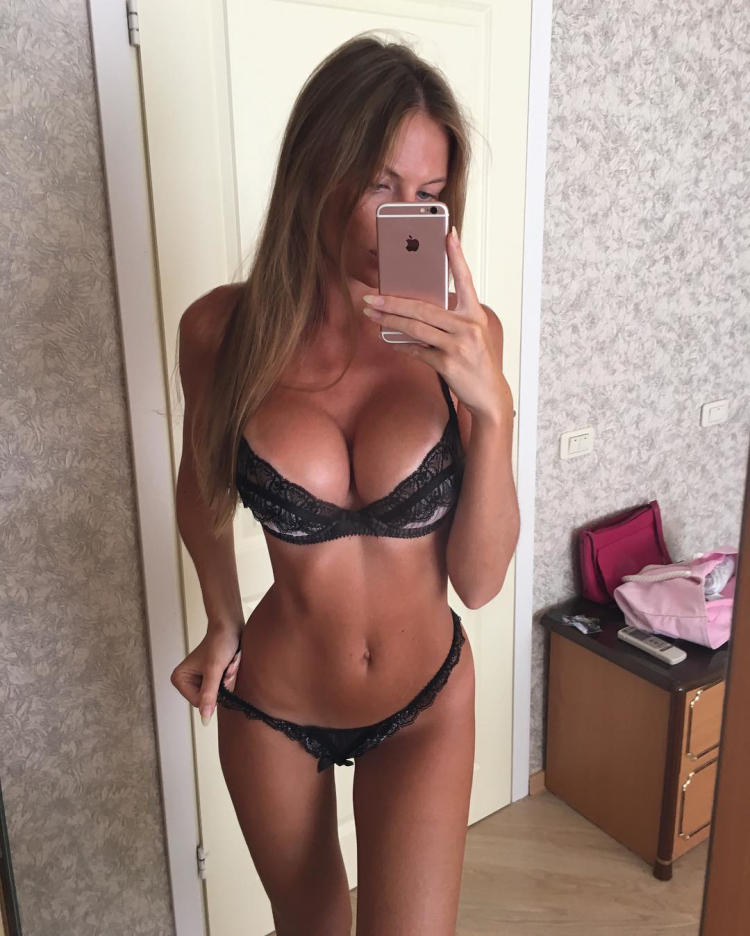
The unreal Russian fitness model, Anastasia Skyline Insta Fitness Models
5627. Have you heard about Russian imperfective and perfective verbs? We call this grammatical category verb aspect. Almost every Russian verb has a pair with the same general meaning. For instance, there is a pair ЧИТАТЬ (to read, imperfective) - ПРОЧИТАТЬ (to read, perfective ).

Photo Ekaterina Zueva by Boris Bugaev on 500px Fashion Pinterest
After watching this video you will learn all Russian tenses at once, because Perfective and Imperfective forms help us to express actions in past, present an.

Galina Dubenenko
The difference between the imperfective and perfective; The aspect of each Russian verb tense; How to identify and make different verb aspects. Of course, practice makes perfect and what better way to practice than through stories. So apply the rules of StoryLearning® and read books in Russian or Russian short stories. As you read, you'll see.

Women We Love Svetlana Bilyalova Urbasm
Russian verb conjugation is just the thing to improve your Russian. Learn how to conjugate Russian verbs with RussianPod101, and use verbs like a native!. There are two verb aspects in Russian: imperfective and perfective. Aspects are only used when talking about the past and the future; we don't differentiate the verbs by their aspect in.
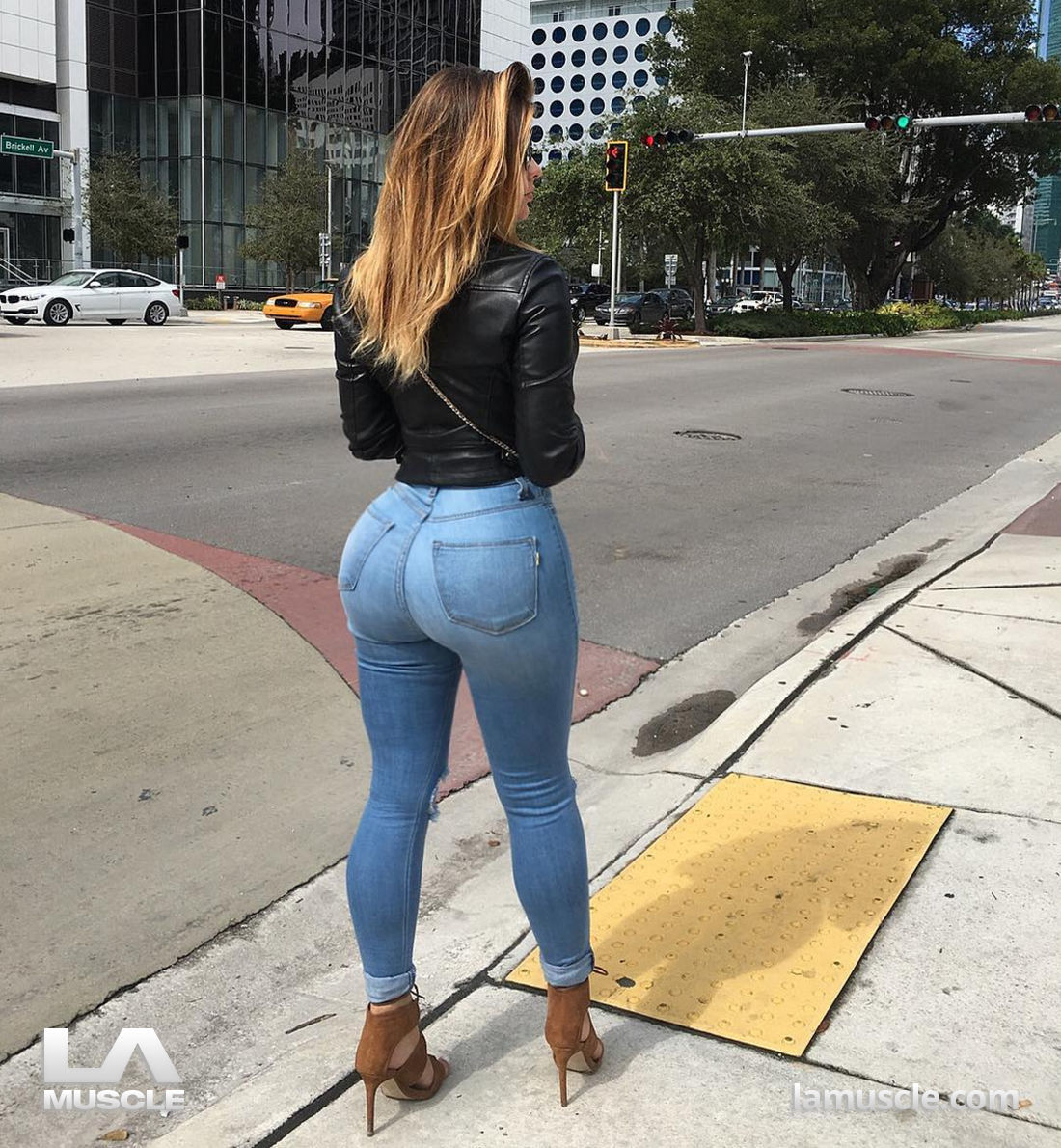
Anastasiya Kvitko the PERFECT model with an incredible body, photos, pics
Perfective & Imperfective Verbs in a nutshell. Perfective Verbs describe actions that have been completed or will be completed. They can't express actions in the Present Tense, i.e. actions that are happening now. Perfective verbs describe actions with respect to a particular time; the events are not general.
.jpg)
FileLovely blonde Russian Woman with a great Smile at the 2010
In Russian there are only three verb tenses: present, past and future. But in addition to them, there are also two aspects of the verbs: perfective and imperfective. In general, the Imperfective aspect describes the actions that haven't finished yet or repeat. The Perfective aspect is used to talk about an actions that happened once or have.

Russian beauty
Essentially, Russian verbs fall into two categories: perfective and imperfective. A perfective verb indicates a completed action, often emphasizing the result of that action, while an imperfective verb indicates an incomplete or ongoing action. Often, Russian verbs come in perfective and imperfective pairs.
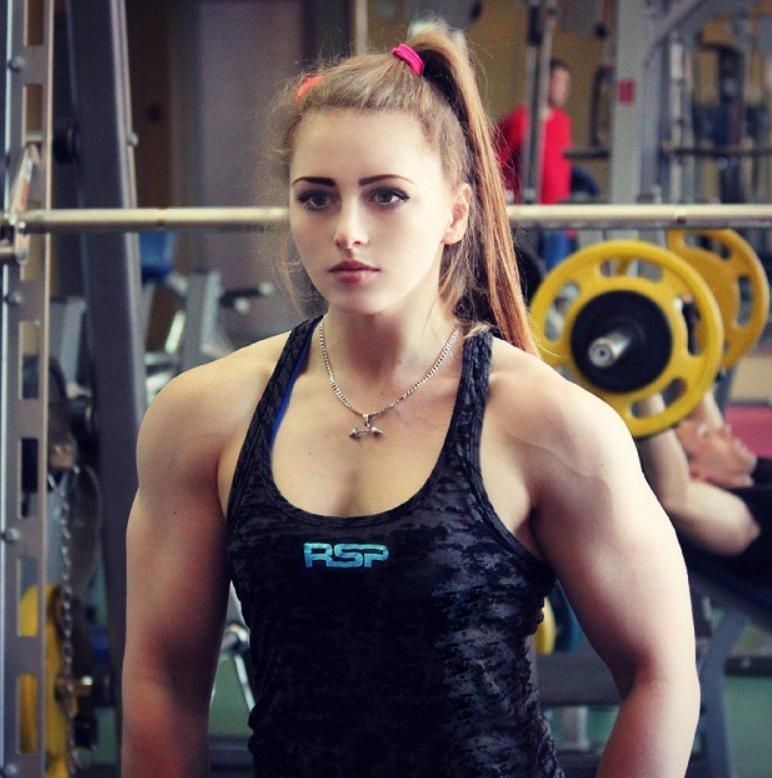
This 19YearOld Russian 'Muscle Barbie' Can Deadlift 400lbs Wow
The perfective just has past and future forms and the perfective future is much more common when talking about the future than the imperfective future. Remember the fundamental idea behind Russian verb aspect is that the perfective aspect expresses a single, completed action, often with the focus on the result. It moves the action forward.

Ukraine Women, Ukraine Girls, Headpiece Accessories, Flower Accessories
Russian Verb Aspects: Exercise. If n this Russian verb aspects exercise you need to pick the correct verb. You'll be given a choice, and in order to do this task correctly, you need to know all of those verbs (although here I used only very common ones). If you don't know what's the difference between perfective and imperfective verbs.